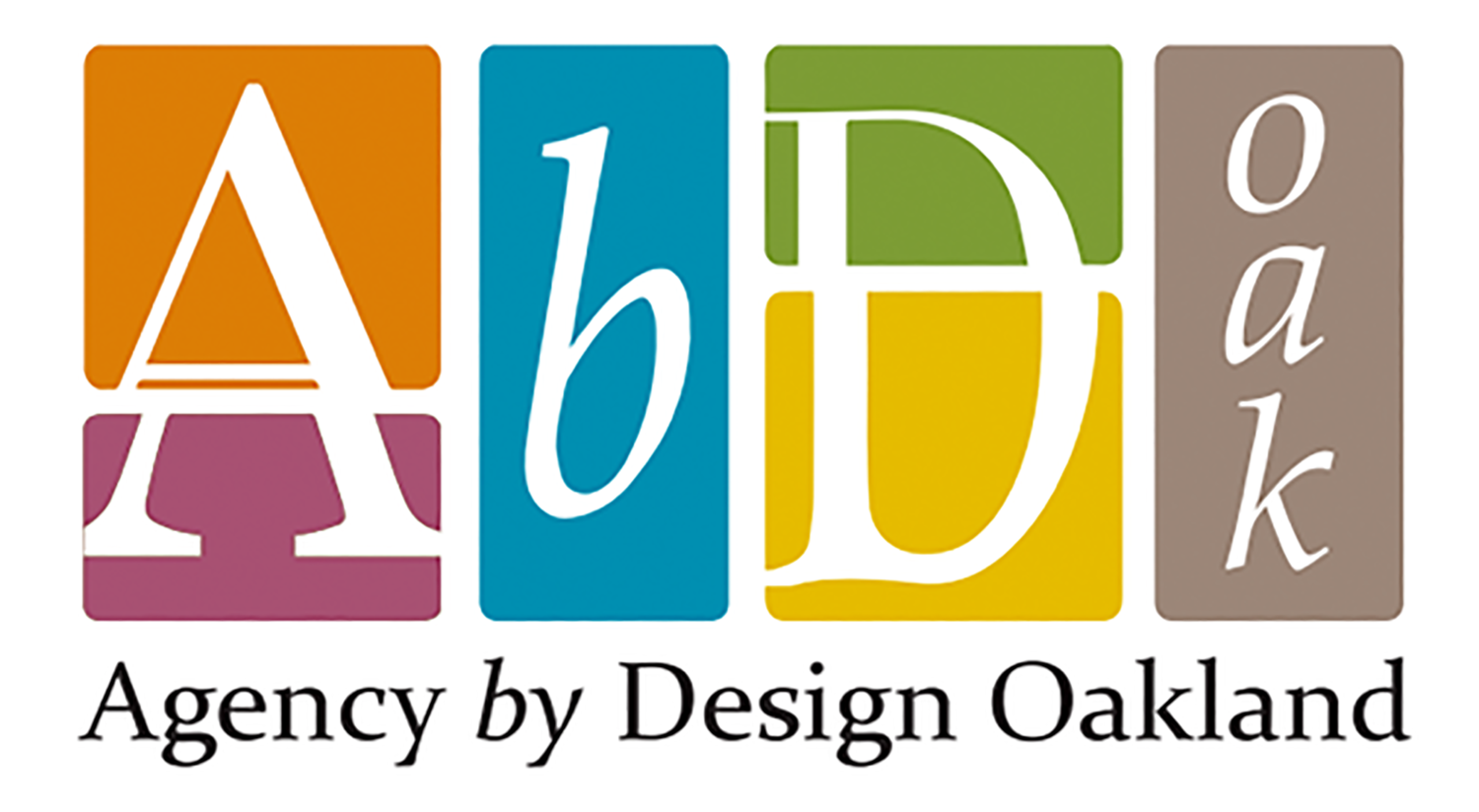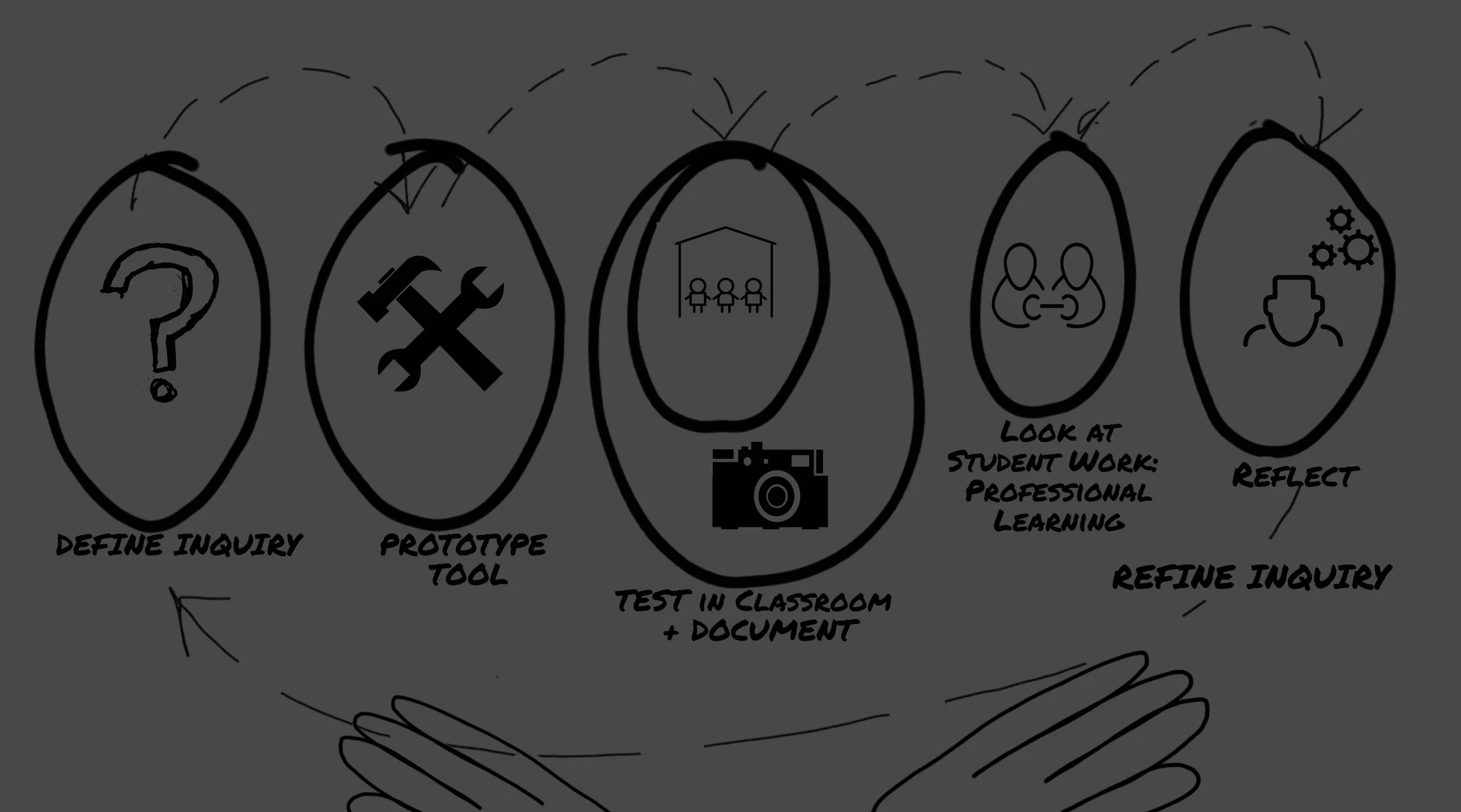A Conversation between Agency by Design Oakland Teacher Fellows
Learning is messy and beautiful and we’re here for all of it. At this point in our teacher fellowship we’re handing over the microphone and witnessing teachers’ journeys. Check out this conversation between Fatimah Salahuddin and Kara Fleshman, two Oakland teachers in our teacher fellowship, who are at the beginning of their independent inquiry work.
Emergent Inquiry Questions
““Who am I as a maker-centered learning teacher?”
“How is distance learning shifting and destroying some of these maker-centered learning strategies? And how am I bringing my special sauce to these different strategies?
Fatimah Salahuddin, ELA & Ethnic Studies Teacher, Fremont High School, Oakland Unified School District”
““How can I create independent work that isn’t an added burden on families and is truly fun, enriching, challenging, and inspiring?”
“I have been trying to learn how to become tech savvy. How do I create the resources my students need?
Kara Fleshman, STEAM teacher, Lazear Elementary School”
Student Agency is at the core of our work. And what we envision for students we must cultivate for the educators! In order to design for agency in the classroom educators need to know what it looks like, what it feels like, and why it’s worth it. The path to agency is different for everyone but it follows a similar structure—an inquiry cycle.
Agency by Design Oakland uses a multi-pronged approach to design for Teacher Agency. We use research on maker-centered learning to support teachers in their pedagogical understanding. We invite teachers to present and showcase their work to cultivate their leadership as educational visionaries. And we use an inquiry cycle for teachers to be in charge of their own classroom action research.
We help teachers lean into the design skills they already have but to slow down and be reflective about what they’re doing and why. We lead teachers through the inquiry process of defining their inquiry, prototyping a tool, testing and documenting in the classroom, looking at student work, and reflecting and refining their inquiry. We support this work with a community of peers, a coach, as well as grants for classroom materials.
Reflection
How do you cultivate learner agency? At this point in the school year it’s common to pull back some of the scaffolds and encourage your learners to do the heavy lifting. It might look like students engaging in a complex interdisciplinary unit and they’ve written their own research question, or it could be more basic—like having students lead the class routines or asking them to write a paragraph without the sentence frames you usually provide.
Resources
Agency by Design Research Project
Book: Maker-Centered Learning: Empowering Young People to Shape Their Worlds
A Picture of Practice: Redirecting Authority
A Picture of Practice: Letting Go of Power
A Picture of Practice: Student Voice & Choice



